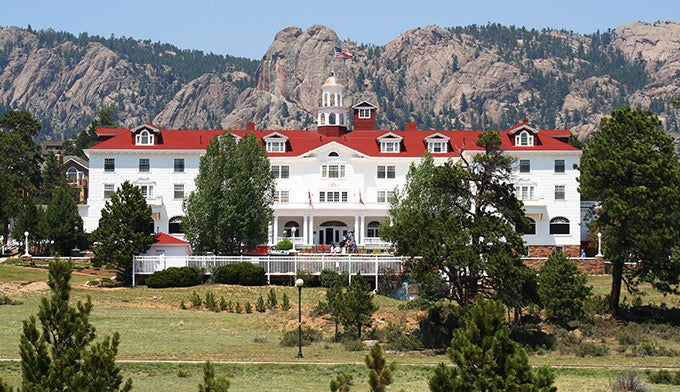Breaking up is hard to do

For all you Pollyannas who were so sure that the Biggest Loser would just fade away, that’s not happening:
Consider one metric I’ve been obsessed with: the increase in the percentage of Republicans who believe Trump’s falsehoods about the election. In January, a CNN poll found that seventy-five per cent of Republicans said that Biden was not legitimately elected President. In April, that number declined to seventy per cent, but now, according to the most recent CNN survey, it has risen to seventy-eight per cent. Yes, more Republicans believe that the 2020 election was stolen now than did when the pro-Trump mob stormed the Capitol.
On January 7th, it was still possible to anticipate a different outcome. But, on October 7th, we have to acknowledge that this didn’t happen. Nine months ago, in the immediate aftermath of the insurrection, enough Republican leaders and Trump White House officials viewed the Trump-inspired attack on the democratic transition of power as an event of such horrifying excess that it was difficult to imagine them normalizing, justifying, and rationalizing it as they had the Trumpian excesses of the previous four years. Yet that is exactly what has taken place in the intervening months. “Republicans initially started down the road to a post-Trump party, as opposed to a Trump party . . . and they backed up in record time,” Larry Sabato, the director of the University of Virginia Center for Politics, told me, on Thursday. “They have missed the historic opportunity to put Trump in the past.” The result is that the political crisis today is worse than it was, not better. The unacceptable has been accepted by a shockingly large part of the population and its political leadership.
At some point, you just can’t live with these people any more:
What strikes me most, however, about the latest iteration of our endless what-to-do-about-Trump debates is how much the country’s political divisions have worsened since we began having them. Sabato’s center put out an extraordinary survey last week, in conjunction with a group called Project Home Fire, that documented this crisis in ways I haven’t seen before. The survey, which is worth reading in its entirety, shows that this is not a problem of ideology or policy or the other markers of conventional American politics. It is something much deeper and more intractable: two parties whose members now hate one another with a fierce, anti-democratic, Constitution-threatening passion. Eighty-four per cent of Trump voters said that Democratic officials are a “clear and present danger” to society; seventy-eight per cent of Trump voters also said that Americans who strongly support Democrats are a “clear and present danger.” This level of antipathy is fully reciprocated by Democrats; eighty per cent of Biden voters surveyed said that Republican officials represent a “clear and present danger,” and seventy-five per cent of them said the same about Americans who strongly support Republicans. Things are so bad that fifty-two per cent of Trump voters and forty-one per cent of Biden voters said that they would favor seceding from America. January 6th may not have been the end of Trump so much as the beginning of something even worse.
There’s been some loose talk lately about how maybe we should break up the country, and let the fundies and greedheads go their way and we’ll go ours.
There’s no way to do that as a practical matter, because the divisions in this country don’t track regional or even state lines, but are rather urban/suburban v. rural/exurban.
The GOP is trying to burn down this country, and they must be corrected. Divorce isn’t an option.


